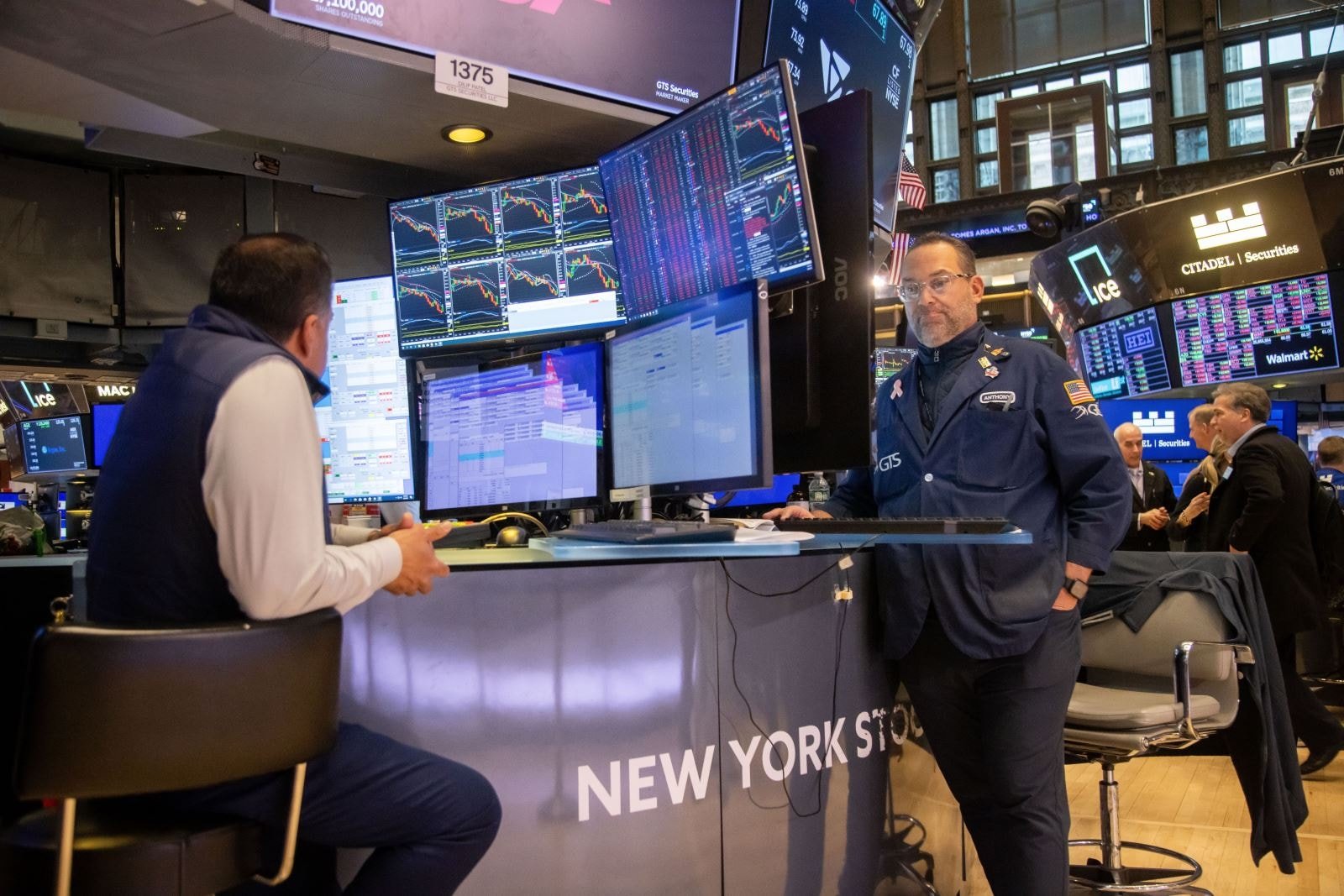
According to CNA, a worrying factor in the current picture is that the Department of Government Efficiency (DOGE) – an agency managed by billionaire Elon Musk – has recently made moves targeting the Federal Deposit Insurance Corporation (FDIC), which is considered a pillar of the US financial defense system.
This move is not isolated. In February, President Trump issued an executive order that expanded the White House’s control over independent regulators, including the FDIC. The concentration of executive power over institutions that operate independently like the FDIC represents a significant escalation in the effort to restructure the federal financial regulatory system.
Unlike most federal agencies, the FDIC is not directly supervised by the executive branch, nor is it funded by the federal budget. Instead, the FDIC is funded through fees levied on the banks it supervises—a structure designed to minimize political pressure and ensure regulatory neutrality.
Campaign to reshape the management system
DOGE has made a series of moves to reduce the FDIC’s capacity, including laying off 1,000 employees – both permanent and temporary – as part of a program to streamline the federal bureaucracy. At the same time, DOGE is reportedly conducting a comprehensive review of the agency’s contracts and staffing structure.
There has even been a proposal within the Trump administration to abolish the FDIC entirely—an idea that has been floated in bank regulatory selection meetings. In February, the administration also sought to dismantle the Consumer Financial Protection Bureau (CFPB), an agency created after the 2008 financial crisis to protect consumers from risky financial behavior. However, a federal judge blocked the move, calling it a “blatant violation of the law.”
The sources also said that the FDIC's bank supervision and resolution functions would likely be transferred to the Office of the Comptroller of the Currency (OCC) – an agency under the Treasury Department and therefore directly under the executive branch.
The consequences of these reforms will not only be legal or political risks at home, but could be the catalyst for a new global financial crisis.
Why is the FDIC an indispensable “line of defense”?
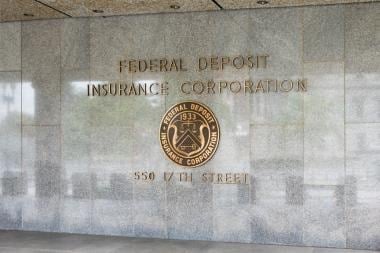
The FDIC is a deposit insurance agency—an institution that ensures that depositors don’t lose their money when a bank fails. In the United States, the nominal coverage limit is $250,000. But in practice, the Silicon Valley Bank bankruptcy in 2023 showed that coverage could be expanded to prevent a widespread crisis.
Deposit insurance serves two essential functions: protecting depositors and preventing bank runs, which are among the leading causes of bank failures. In addition, the FDIC has the authority to liquidate banks in an orderly manner, avoiding the use of taxpayer dollars for large-scale bailouts like the one that followed the 2008 crisis.
The post-crisis Dodd-Frank Act gave the FDIC more tools to deal with systemic banks. These reforms were not just domestic in the United States, but were the result of global negotiations—enhancing cross-border coordination in times of crisis.
However, the Heritage Foundation’s Project 2025 – which supports DOGE – has publicly called for the removal of these reforms, threatening the FDIC’s strategic role in the financial defense architecture of the US and the world.
Risks to the global financial system
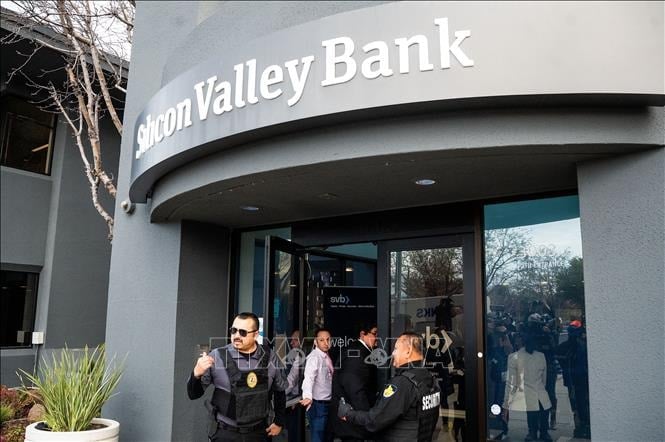
The FDIC’s failure to prevent Silicon Valley Bank’s collapse in 2023 stems from two factors — deregulation during Trump’s first term and severe staffing shortages that existed even before the recent cuts.
Nevertheless, the FDIC’s subsequent intervention helped contain the damage and prevent further spread. If the FDIC were weakened in resources, authority, or independence, the United States would lose a key tool in responding to future banking crises. Limiting the FDIC’s ability to intervene would return the United States to the pre-2008 world. Weak supervision leads to moral hazard, with banks returning to “too big to fail” status in the hope of a bailout.
The damage is not just limited to the United States. Internationally, the FDIC works with foreign regulators to plan for potential crises and implement solutions if they occur.
International regulators, particularly those that regulate banks with U.S. branches, also rely on the FDIC to share information and coordinate actions, a role that was evident when the FDIC and its international partners resolved the Credit Suisse bankruptcy in 2023 in an orderly manner.
Weakening or politicizing the FDIC would not only undermine international confidence but would also make the global financial system more vulnerable to systemic shocks.
The FDIC is not just a domestic agency, it is an integral part of the modern global financial architecture. As the United States begins to retreat from its leadership role and prioritize short-term political interests, the world will have to prepare for much greater turmoil than stock market volatility.
Source: https://baodaknong.vn/my-co-the-lap-lai-sai-lam-cua-cuoc-khung-hoang-tai-chinh-nam-2008-249686.html



![[Photo] Vietnam and Sri Lanka sign cooperation agreements in many important fields](https://vphoto.vietnam.vn/thumb/1200x675/vietnam/resource/IMAGE/2025/5/5/9d5c9d2cb45e413c91a4b4067947b8c8)




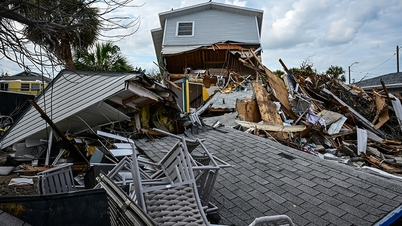




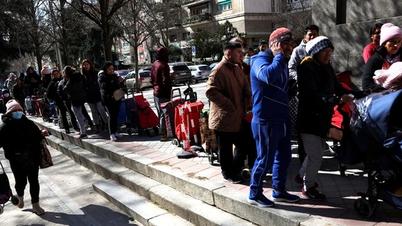




















![[Photo] President Luong Cuong and Sri Lankan President Anura Kumara Dissanayaka visit President Ho Chi Minh relic site](https://vphoto.vietnam.vn/thumb/1200x675/vietnam/resource/IMAGE/2025/5/5/0ff75a6ffec545cf8f9538e2c1f7f87a)






























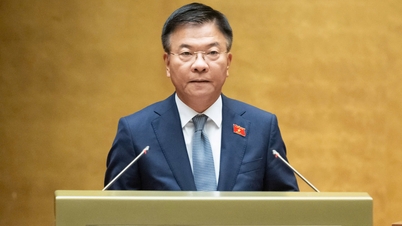































Comment (0)